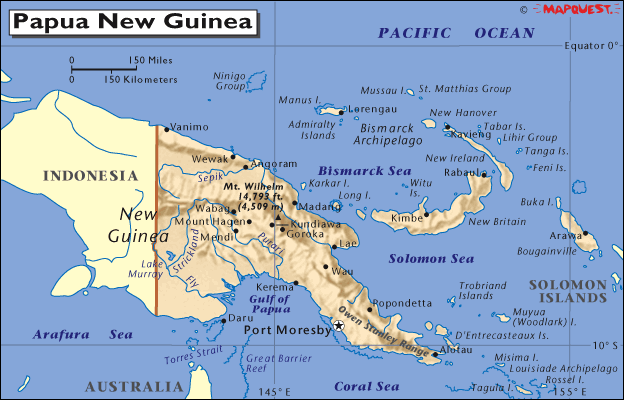PORT MORESBY, Papua New Guinea – Papua New Guinea coffee industry is gearing up its first ever Q-grader training, which will be conducted by a renowned coffee specialist from Indonesia.
Adi Taroepratjeka, a Q and R grader, and also a Q instructor will be in the country this month to carry out training for 12 participants on May, 22-27, 2017 in Aiyura, Eastern Highlands Province.
The Q-grader training is a course for Arabica cuppers, one that is internationally recognised by the Coffee Quality Institute in the US, for cupping specialty coffees.
CIC Acting Manager for Industry, Regulations and Compliance, Rose Romalus, said that the training was important for the industry to upskill coffee cuppers to be on par with international standards in terms of grading specialty coffees.
“The training will help participants to confidently identify specialty coffees so better prices could be negotiated for farmers and for the organisations they represent.”
In preparation for the actual training, 11 participants in the industry from various exporters and manufacturers underwent a preparatory course last week in Goroka.
The one week training covered a number of sessions which included general knowledge, sensory skills, organic acids, green grading, roast identification, factory matching and blind testing, cupping skills and triangulation.
CIC Chief Executive Officer Charles Dambui acknowledged the support of the World Bank through Productive Partnerships in Agriculture Project (PPAP) for funding the preparatory training and PHAMA for their assistance towards the actual training.
“The objective of the Q Grader Preparatory course was to prepare participants who are all first timers to confidently undertake the Q grader course which is the only internationally recognised certificate system for Arabica coffee cuppers.”
The Q- course this month will be fully funded by the Pacific Horticultural and Agricultural Market Access (PHAMA) Program, an Australian Government initiative, co-funded by the New Zealand Government.
PHAMA is designed to help Pacific island countries better manage and utilise opportunities to export primary products including fish and forestry products. Australia and New Zealand are markets of major importance, along with export markets beyond the Pacific.
The core countries assisted through PHAMA are Fiji, Tonga, Samoa, Vanuatu, Solomon Islands and Papua New Guinea.
PHAMA also provides assistance to other Pacific island countries through the Secretariat of the Pacific Community’s (SPC’s) Land Resources Division. PHAMA is implemented on behalf of the Australian Government by AECOM.















